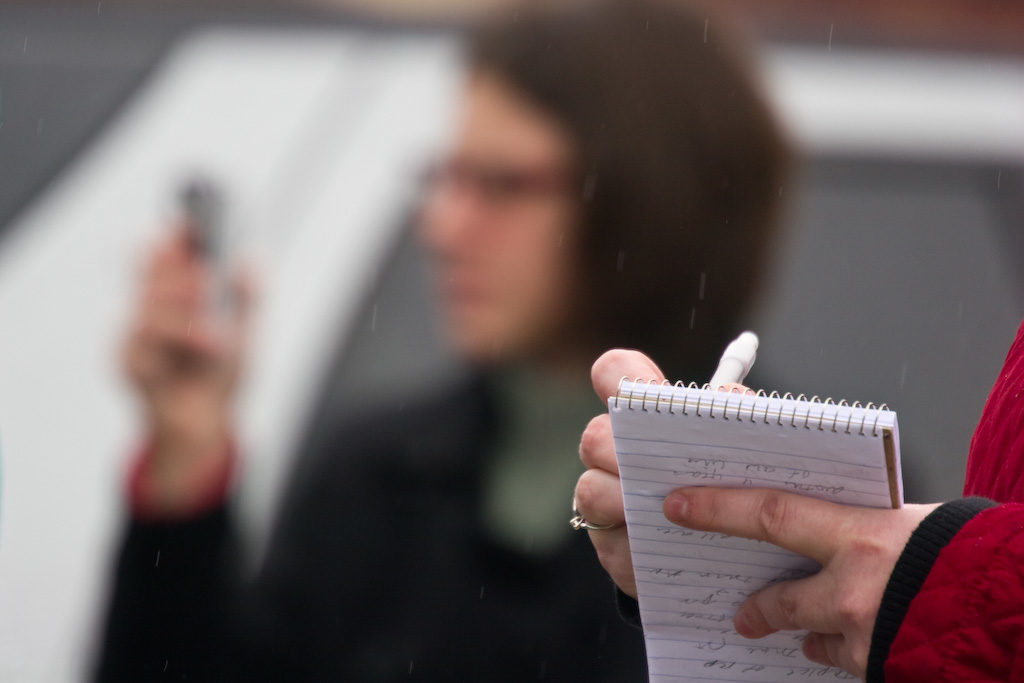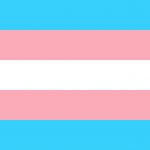How do we hold news media accountable?
It’s hard to know how to hold the media accountable these days.
It used to be one could cancel a subscription, or write letters to the editor that would actually be read.
Nowadays, fewer people actually pay for their news. And even fewer people care about a letter to the editor when online comments are ubiquitous. Besides, many consumers have become vocal critics, finding plenty of space to go on ad nauseum about all that’s wrong with an article, program, host, or anything else.
But just as our capacity to find audience for our criticism has grown, accountability has become less accessible. Without accountability, criticism isn’t really worth a whole lot—unless it can successfully lead to a demonstrable change in behaviour. Just like in the past, that doesn’t happen without good old-fashioned public pressure.
This is problematic for obvious reasons, but especially because traditional media sources are already under severe strain in an increasingly challenging environment in which their very survival is at stake. When audiences are poorly served and have little opportunity to influence change that reflects their concerns, they will naturally tune out. This may explain why trust in our media institutions continues to fall, and will only continue to if we fail to find meaningful ways to ensure consequences when media producers disappoint.
These challenges are readily evident in examining a recent case that lends important lessons for media outlets wanting to maintain the trust of their audiences. When the Toronto van attack destroyed lives and shattered a city’s sense of safety, a singular, irresponsible tweet by a CBC reporter was instantly hijacked to fuel xenophobia and racism. Television broadcaster and reporter Natasha Fatah ignored basic journalistic standards as she watched a television news story during which she decided to partially report an eyewitness account to the Twitterverse, including to her 40,000 followers. The suspect who had just rammed into pedestrians looked “wide-eyed, angry and Middle Eastern,” she reported.
As Canadaland’s Jonathan Goldsbie chronicled, the tweet went viral, retweeted and shared by a who’s who of hateful figures in the alt-right, Islamophobic universe (one in which, coincidentally, her father features prominently). When community members called her out on it, her father and his friends attacked them. (Any journalistic standards around that?)
About 45 minutes after the tweet quoting a witness as saying the suspect was Middle Eastern, Natasha Fatah tweeted that another witness said the suspect was white.
But only after significant community pressure, including letters and a variety of complaints and phone calls into the CBC, did Natasha Fatah issue a 4 a.m. apology—a full two weeks after the initial tweet. And the problematic tweet remained on her Twitter profile all throughout, even after it had been firmly established that Alek Minassian was not Middle Eastern.
The CBC did not publicly take any responsibility for what happened, nor publicly acknowledge the damage done by the reckless actions of its journalist. This, despite a memo that had been quickly circulated the day after the tweet—an anaemic effort to remind CBC staffers of their responsibilities in covering breaking news. One can suspect the ombudsperson may eventually weigh in—given the slew of complaints that likely popped up in her inbox.
But then what? Short of a full apology from the broadcaster, news consumers have little assurances of accountability for the harmful mistakes made. In the current environment, this impacts both our trust of these media institutions and on our own sense of safety and well-being. This isn’t the first time that the CBC lets communities down: it continues to refer to ISIS as such, or as the Islamic State—even after the federal government and The Toronto Star determined that using Daesh is both the more accurate term and prevents the further stigmatization of Muslim communities.
So where does that leave us? Wherever possible, we must increase public pressure to demand media institutions act responsibly, including taking responsibility for avoidable failures. Where they fail, an arm’s-length public body should investigate—similar to how the current National NewsMedia Council operates. In an era of fake news, such a body could also hold online platforms to account for failing to address the proliferation of manipulated and false news.
Will this save journalism? No, but it will help ensure the integrity of the profession; and it needs all the help it can get.
This piece first appeared in the Hill Times. It is republished here with the author’s permission.
Amira Elghawaby is an award-winning journalist and human rights advocate. Along with frequent appearances on Canadian and international news networks, Amira has written and produced stories and commentary for CBC Radio, the Ottawa Citizen, the Toronto Star, the Literary Review of Canada, and the Globe and Mail. Amira spent five years promoting the civil liberties of Canadian Muslims as human rights officer and later, as director of communications, at the National Council of Canadian Muslims (NCCM) between 2012 to the fall of 2017. Amira obtained an honours degree in Journalism and Law from Carleton University in 2001.


